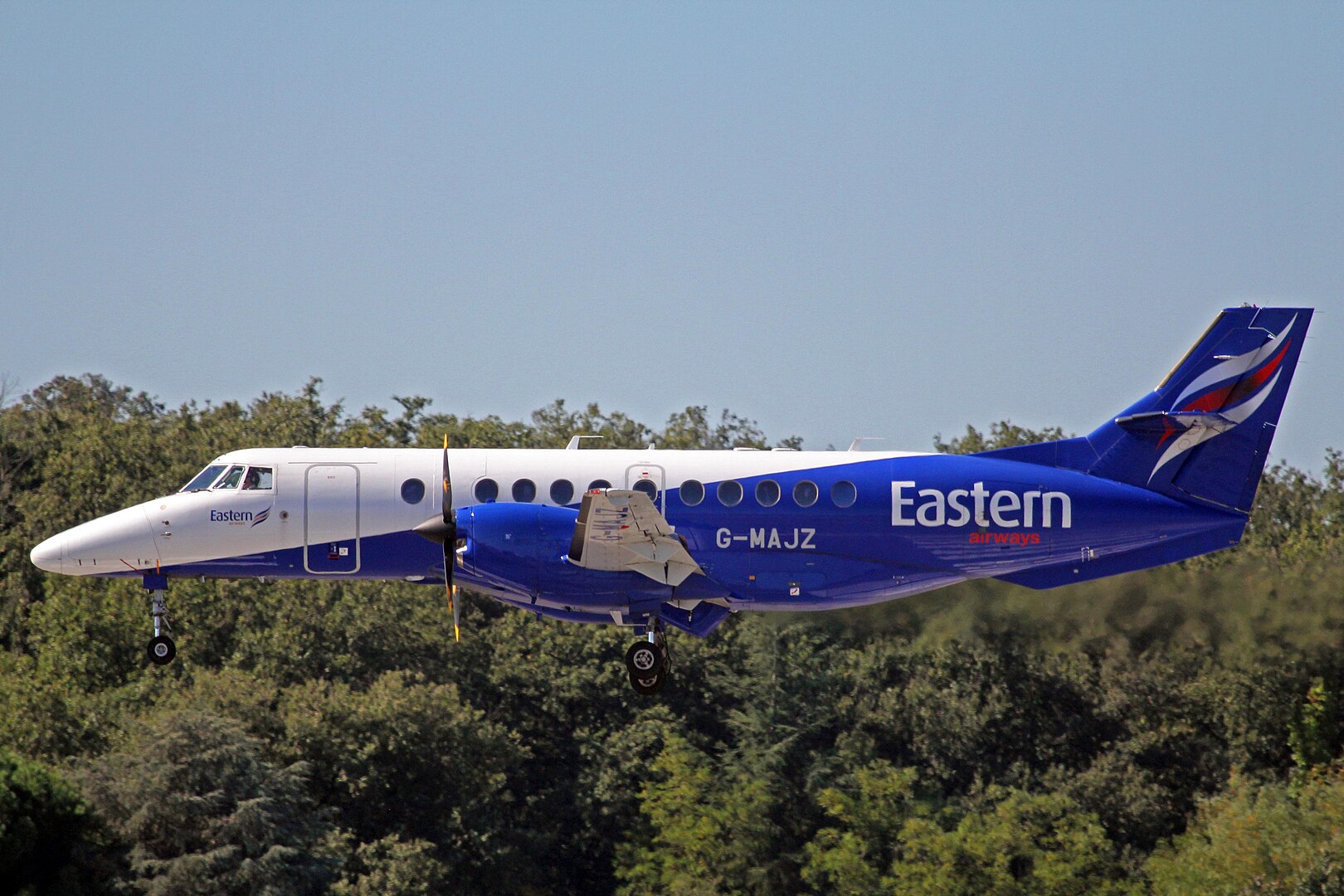 BBC News
BBC NewsBorrowing was £17.4bn last month, the second highest October figure since monthly records began in 1993.

The collapse of Eastern Airways marks more than just the failure of another regional airline; it underlines a deeper crisis in the UK’s aviation sector — one that touches on employability, skills, and regional inequality. With hundreds of staff now facing redundancy and services suspended across key routes like Teesside to Aberdeen and Wick to Aberdeen, the news is a stark reminder of how fragile regional connectivity has become and how precarious many aviation jobs still are in the post-pandemic economy.
Eastern Airways, one of the UK’s last independent regional carriers, had served a vital if sometimes overlooked role in the national infrastructure. It connected remote communities, supported the North Sea oil and gas industry, and kept regional airports like Humberside, Newquay and Wick plugged into broader networks. The airline’s suspension this week — after filing a notice of intention to appoint administrators — puts those routes, and the livelihoods around them, at serious risk.
The pandemic decimated demand for short-haul business travel, and although some recovery has taken place, regional airlines like Eastern have been squeezed between rising operating costs and low passenger volumes. Many relied on public subsidies or government-backed service agreements to remain viable, particularly on routes seen as socially necessary rather than commercially lucrative. The end of those services affects not just passengers, but the many people whose employment depends on them — pilots, engineers, flight operations coordinators, cabin crew, check-in agents, and the sprawling network of contract staff that keep an airline running.
What happens next for those workers will depend on geography and flexibility. Some will have skills that are in demand elsewhere, particularly in international markets where pilot shortages are ongoing. But relocation may not be an option for all, and jobs in aviation are not easily transferable between regions. The worry is not just about job losses today, but about the long-term employability pipeline for aviation in the UK. Training programmes for engineers, maintenance staff and air traffic personnel are already under pressure, and many rely on regional carriers like Eastern to provide real-world experience and early career pathways. Without those platforms, the route into aviation narrows, especially for those living outside major metropolitan areas.
This raises bigger questions about how the UK supports — or fails to support — aviation as a regional employer. Eastern’s presence in towns like Humberside or Teesside was part of a wider economic ecosystem that included supply chains, airport services, logistics, and even local hospitality. The loss of a regional airline doesn’t just mean cancelled flights. It often means a sharp drop in local economic activity and the erosion of skilled employment opportunities in areas that already face structural disadvantages.
All this comes at a time when aviation itself is undergoing transformation, with growing emphasis on digital systems, low-carbon technologies, and efficiency. The transition will demand new skills and new types of jobs, but it also risks leaving behind those trained in older systems unless government and industry commit to a proper workforce strategy. If Eastern’s engineers and flight staff are lost to the industry entirely, it won’t be for lack of skill, but for lack of foresight.
Regional aviation remains crucial for the UK’s economic geography — not just for passengers, but for the resilience of industries that depend on mobility and rapid transport. But it must be underpinned by stable employment and credible pathways into work, not boom-and-bust cycles where staff are left to shoulder the fallout of corporate failure. The case of Eastern Airways is a reminder that for aviation to be sustainable, it must also be equitable — and that includes protecting the jobs that keep it in the air.